A Guest Post by Lori Fehr
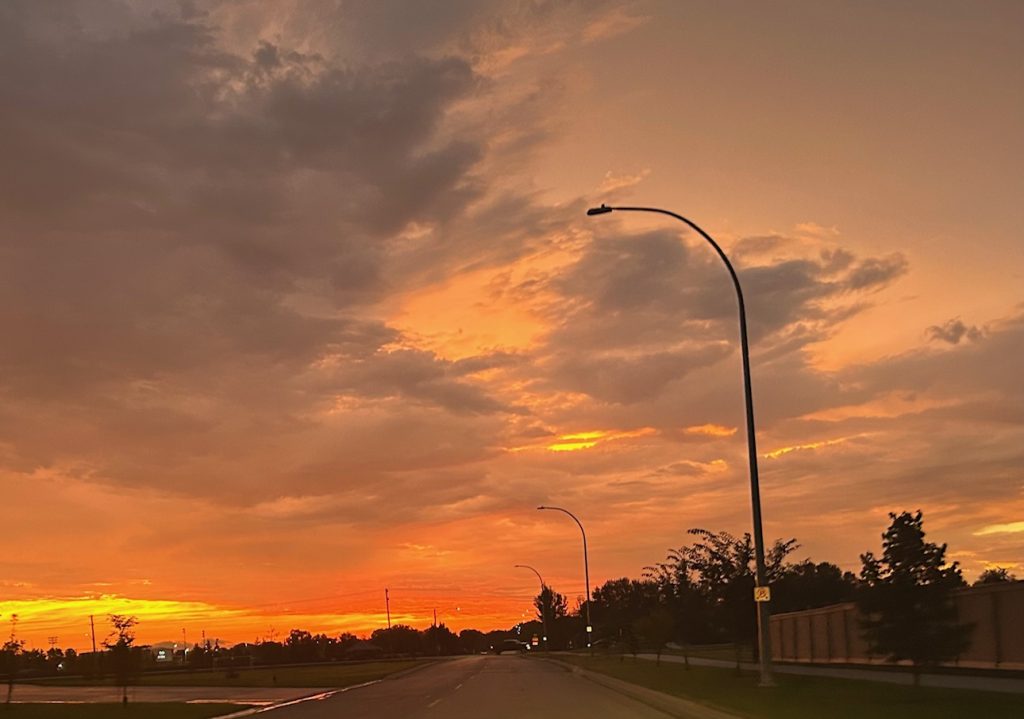
A little while ago, Nathan asked me if I would do a guest blog post. Since then, I have debated what I would write about. I thought I could share about what it’s like to walk alongside someone through a difficult time when you are used to walking together. There are certain parts of this journey that Nathan and I experienced very differently. Like walking in the same forest on the same path, and then suddenly being forced to walk on separate, but parallel paths.
Or, I could share about how Nathan and I cope differently in stressful times. I cope by ruminating over all possible scenarios (usually dwelling on the worst case) and preparing for them all. Compared to Nathan, who says he’d rather hope for the best and cross the more difficult bridges only if we get to that point.
I thought maybe someone would want to read about what it has been like to navigate this last year with young children. Or what I’ve learnt about trying to manage the things I can control and letting go of the rest (still a work in progress). Or maybe about learning to be present in the good and more challenging moments, and finding sacred moments in ordinary situations.
However, the thing I have been reflecting the most about lately is: what do you do when emergency measures are over and we are told that we can go back to “normal“? What does “normal” look like now?
I was thinking about backup power generators. This might seem like a jump, but hang in there, I will explain. When the power goes off at a hospital, for example, there are backup generators that kick in fairly quickly. But just because we have power from the generator doesn’t mean that we are using all the power at full capacity. When the backup generator is used, power is limited and diverted intentionally to the essential areas. For example the lights are dimmer, and only a fraction of the outlets have power, just to name a few of the differences.
That is how the last year has felt. We have been in survival mode, conserving our energy, time, and brain space for appointments, treatments, keeping the household running, and the bare essentials. Now we are being told that the power is back on (so to speak). We’ve been in conservation mode for so long that it’s hard to remember where we used to use all that extra brain space, energy, and time. And now we have a choice of where to redirect some of this newfound energy. This is a bit overwhelming sometimes. When the power has been off for a while and suddenly returns…you become very aware of how bright those lights are, and how noisy the fans and appliances are when they are on full power and working order.
After a life changing event, it’s normal to wonder who you are now that ______ [fill in the blank] is a part of your story. And I think that is the work I get to do now. As an introvert, it is easy for me to get used to survival mode. There is comfort in just hunkering down and riding out a storm. It’s not necessarily healthy for me to stay in the storm cellar just in case another storm comes along. At some point I have to emerge after the storm, assess the damages, and do the work of rebuilding.
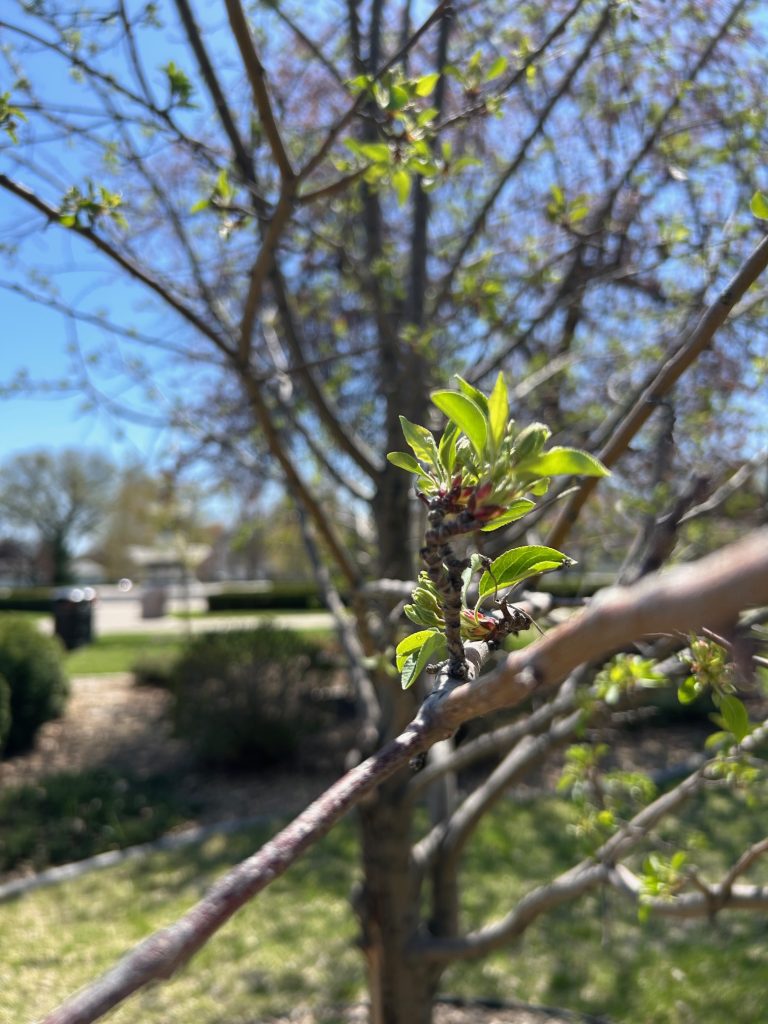
Another way of looking at it is to think about trees. Mighty trees lie dormant in the winter, though not because they’ve given up. It’s because they know that they need to stop, rest, and conserve their energy and nutrients in order to thrive in their next growing season. When winter is over, they continue to grow.
We have just emerged from a season of being in survival mode. So I expect this next season of life to be one of growth, stretching, and change, as we cautiously step out into this “new normal” for our family. One that can never be the same as it was before, but one that I hope to experience with curiosity, intentional presence, and an open hand.
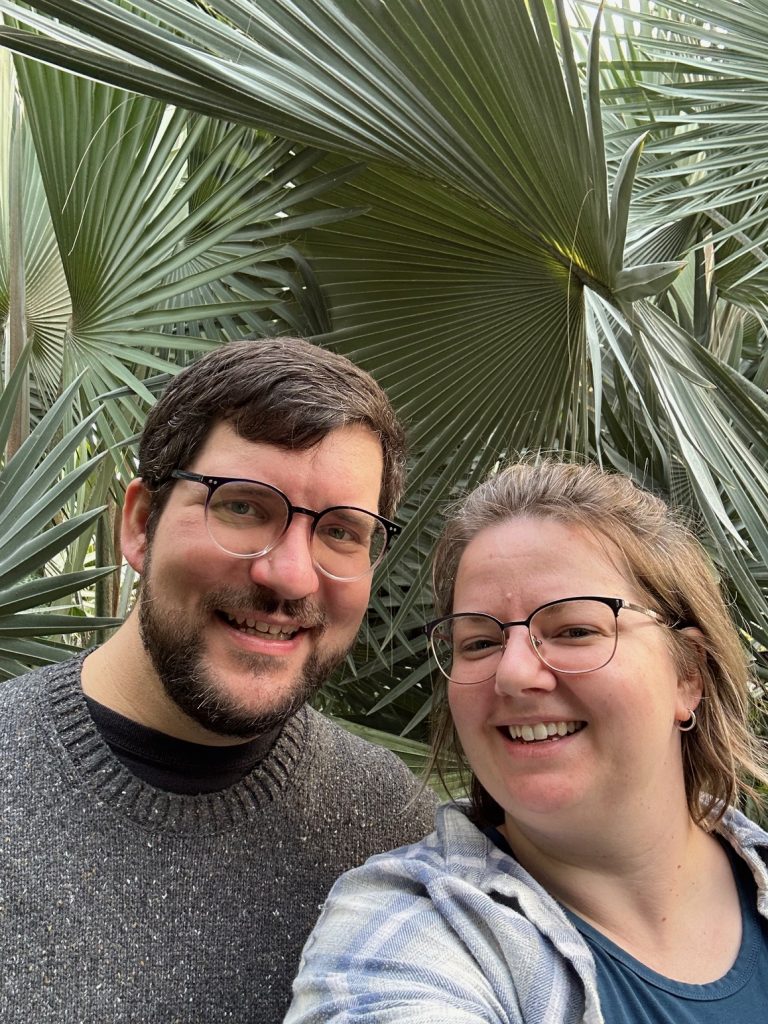
Thanks from the bottom of my heart for all your support this last year. We could not have done it without a community surrounding us with love, encouragement, good food, listening ears, and prayers. No words can ever express our gratitude!
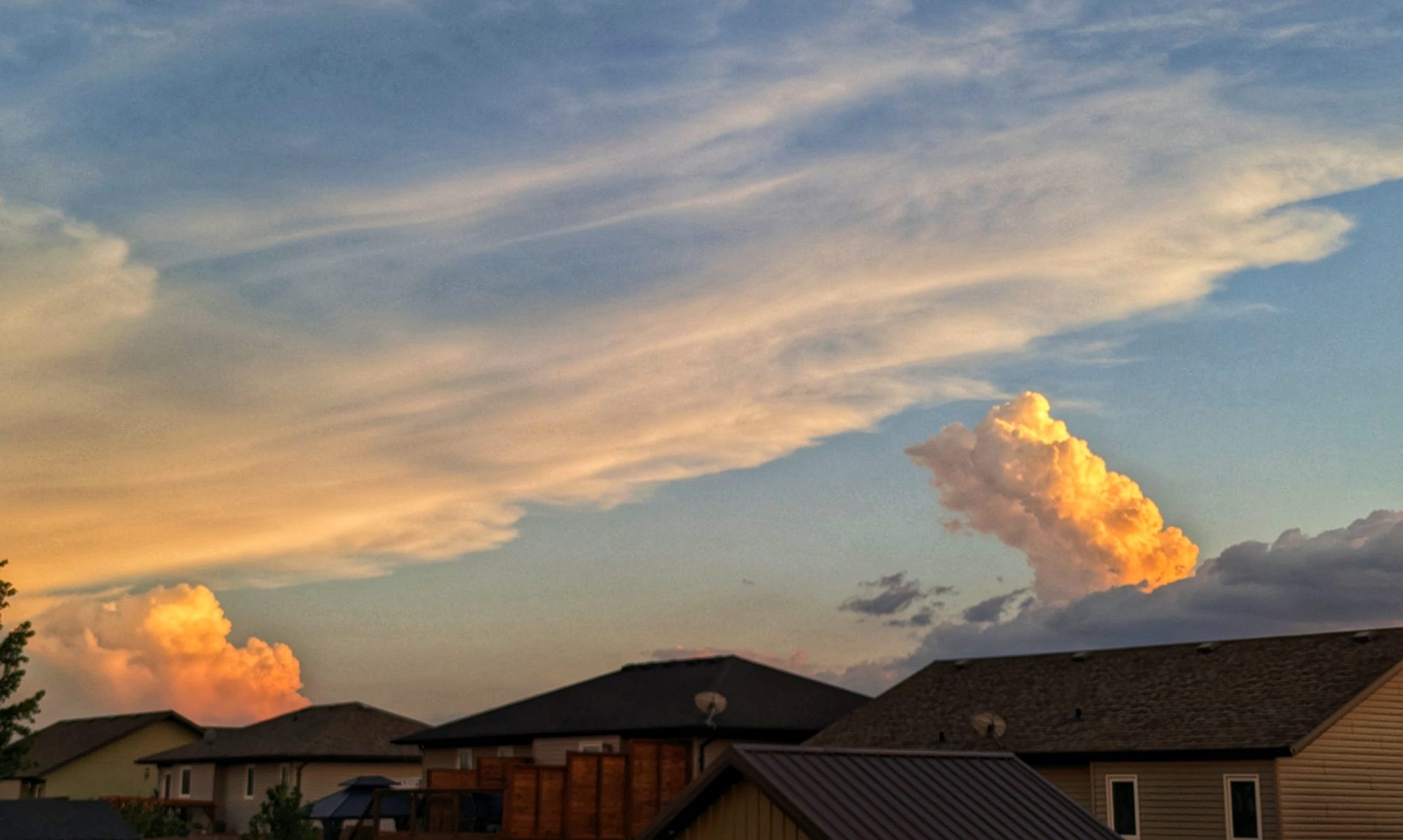
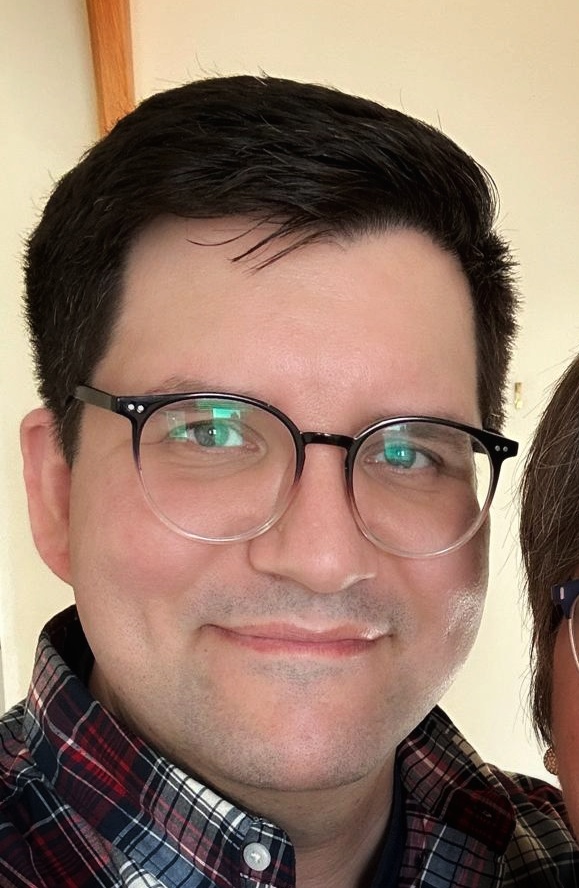
Thank you Lori for sharing this cancer/challenging journey from you perspective. There is so much more to the “you have cancer” and “you are in remission” reports then just a yes or no to cancer. It is an emotional roller coaster, I am sure. You both have done a great job of putting words to your emotional journey. What a testimony. For now go with Nathan on “hope for the best and trust God in crossing the next bridge” Keep sharing.
Prayerfully
One of your many prayer warriors